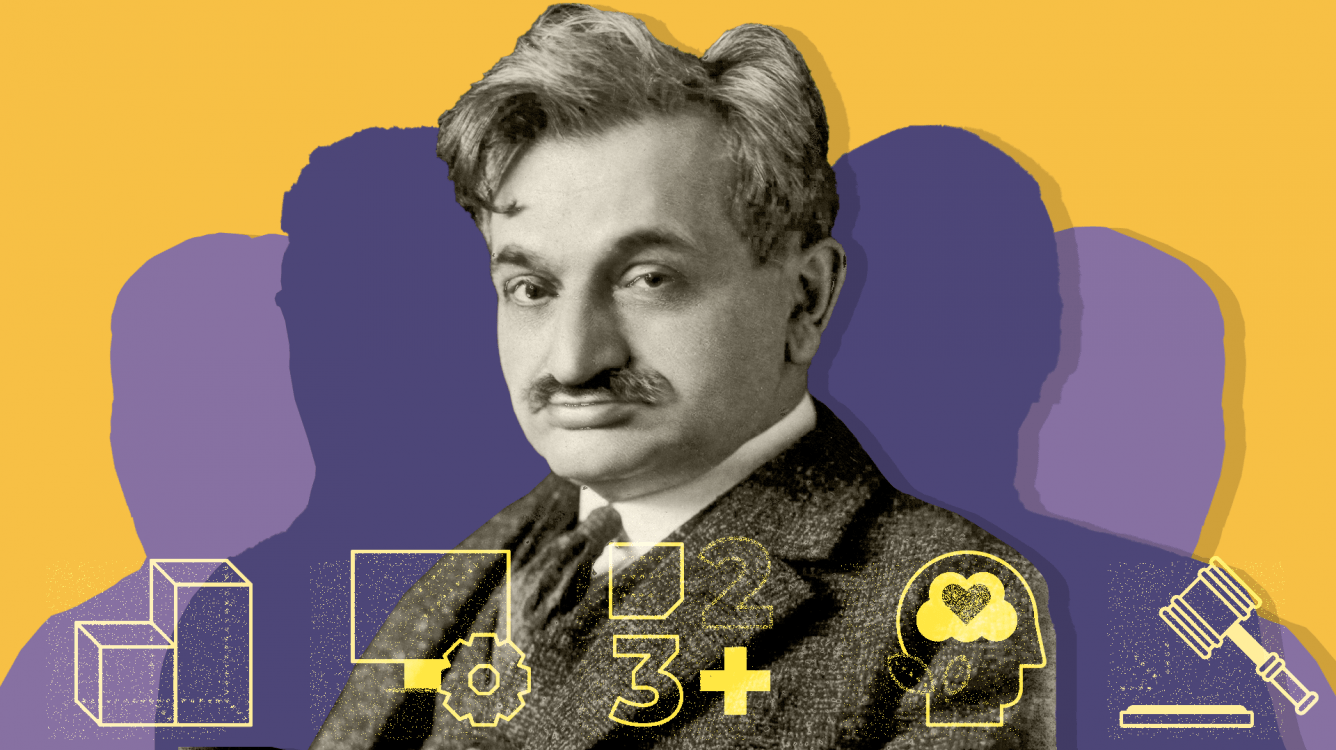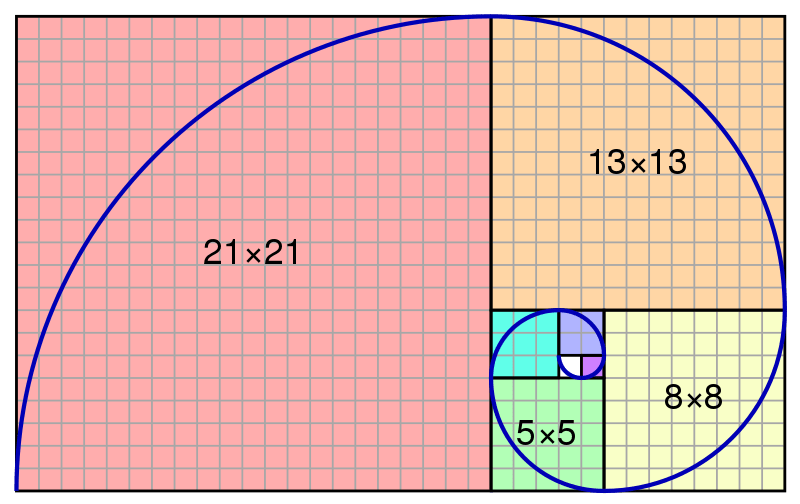
5 World-Class Chess Players Who Also Had Real Jobs
The line between an "amateur" chess player and a professional one can be thin. Soviet chess masters used to have other careers, for example, but they wouldn't have gotten very far at all without their chess skills. We'll even talk about one of them in a moment.
Ultimately, most of the absolute very best chess players in the world do indeed play professionally, dating as far back as Gioachino Greco in the 17th century. It's only become easier as prize funds have become larger since the 1970s and as streaming has exploded in recent years.
But there are also a lot of really great chess players who have made interesting careers in other fields as well.
- The Mathematician: Emanuel Lasker
- The Engineer: GM Mikhail Botvinnik
- The Accountant: GM Samuel Reshevsky
- The Psychologist: GM Reuben Fine
- The Judge: GM Wolfgang Unzicker
- Conclusion
Emanuel Lasker (mathematician)
Chess is a game about patterns, so it is not terribly surprising that you can find a number of great chess players who were also mathematicians. Former World Champion GM Max Euwe was a teacher for many years both before and after earning the title in 1935. He was also the FIDE president from 1970-1978. GM John Nunn was a lecturer of math at Oxford University until 1981.
But Emanuel Lasker was the best chess player in the group. During the first period where he did not defend his world championship title (1896-1907), he spent much of his time earning a doctorate in math and doing other work in the field.


Lasker has a mathematical theory named after him, in fact. Most of us have probably never heard of primary decomposition before we were "today years old," but Lasker did his doctoral work on it. What is primary decomposition? It's a pretty simple concept, really: "the Lasker–Noether theorem states that every Noetherian ring is a Lasker ring, which means that every ideal can be decomposed as an intersection, called primary decomposition, of finitely many primary ideals (which are related to, but not quite the same as, powers of prime ideals)."
Okay, maybe not so simple. Anyway, Lasker proved his part in the theorem in 1905, the same year another German scientist was figuring out other mundane facts about the universe, mundane facts like special relativity and E=mc2.

Lasker and Albert Einstein became friends much later. If they ever played a game of chess, it went unrecorded, although we can assume Lasker won. Einstein was close enough to Lasker in other ways that he wrote the introduction to a Lasker biography in 1952, after the chess master had passed, to say that "Emanuel Lasker was undoubtedly one of the most interesting people I came to know in my later years."
GM Mikhail Botvinnik (electrical engineer)
GM Mikhail Botvinnik: Chess Player. Electrical engineer. Computer scientist. In 1951, he received his engineering doctorate, the same year he defended his world champion title against GM David Bronstein. Botvinnik would play in six additional world championship matches, winning or defending his title in four of them. He later went on to teach three future consecutive world champions, GMs Anatoly Karpov, Garry Kasparov, and Vladimir Kramnik.
Botvinnik clearly had little to be envious of in regards to other players' chess abilities, but the same wasn't necessarily true in engineering. GM Milan Vidmar was also an electrical engineer and, if Wikipedia can be believed, Botvinnik looked up to him: "I wish I could do what he's done in electrical engineering," Botvinnik reportedly said in 1936.

Botvinnik was also the first world-class player to take an interest in computer chess. In 1968 he wrote An Algorithm for Chess, followed by Computers, Chess and Long-range Planning in 1970. Michael Brudno of the University of Toronto wrote about Botvinnik's role in computer chess in this essay.
GM Samuel Reshevsky (accountant)
GM Samuel Reshevsky is usually described as an accountant. In its obituary of him, the New York Times characterized Reshevsky's day job instead as "investment analyst and insurance salesman." Whatever you call his profession, Reshevsky was an amazing chess player.
A chess prodigy, Reshevsky was giving simultaneous exhibitions in both the United States and Europe by the time he was eight years old. And yet from 1924-34, when he was 13-23 years old, he barely played. Nowadays, future world-class chess players are using this time to develop their skills at the board, but at the time early 20s was still young for a chess player.

Reshevsky had good reason to focus elsewhere, as he was completing his education. In 1934 (right in the middle of the Great Depression), he received his accountancy degree. Within five years, he was a top-five player in the world anyway, a position he kept for a decade-plus, playing for the world championship in 1948.
The 19th century master Henry Bird was also an accountant.
GM Reuben Fine (psychologist)
GM Reuben Fine passed up a chance at the world championship title to pursue his Ph.D. in Psychology. FIDE organized the first-ever tournament for the world championship which was held from March to May in 1948. Fine, who tied for first place at the AVRO tournament in 1938, was invited. At least in part due to his doctoral work, which he completed in April 1948, Fine passed. Nor did he play in the 1950 Candidates tournament in Budapest.
Psychology can be a dangerous subject, and as impressive as it is to have a Ph.D., Fine's work in the field is now decades old. Especially in 2021, the particulars are perhaps best left to others to discuss somewhere else (i.e., not in the comments section either, please and thank you). Even in 1972, Time Magazine's Gilbert Cant wrote, "When Fine switched his major interest from chess to psychoanalysis, the result was a loss for chess—and a draw, at best, for psychoanalysis."

Fine tried to intersect his psychology work with the chess world, writing Psychoanalytic Observations on Chess and Chess Masters in 1956. It has been described by Edward Winter as [checks notes] "inexpressably awful." Well then.
GM Wolfgang Unzicker (judge)
Some grandmasters with "real" jobs could probably have gotten by on just their chess earnings. However, the German GM Wolfgang Unzicker was, according to GM Nigel Short's obituary of him, "a true amateur, as presiding judge of an administrative court."
But that doesn't mean Unzicker was a patzer. Although his name doesn't have the same heft in the chess world as the other players in this article, no less an authority than Karpov once called Unzicker the "world champion of amateurs."

Although possibly the truest amateur of the players you've read about here today, Unzicker never lost the chess bug. The photo above is from the 1995 World Senior Championship, and in 2005 he played in a six-game event celebrating his 80th birthday against Karpov, GM Boris Spassky, and GM Viktor Korchnoi.
Conclusion
Out of the entire general population, essentially nobody is a professional chess player, but even world champions sometimes need a day job. There must then be hope for all of us to balance our work and chess lives.
Of course, this article does not exhaust the possibilities for jobs a chess player can have away from the board. GM Kenneth Rogoff—whom a relation of the author once beat in a simultaneous exhibition—became a Harvard economist; GM Mark Taimanov was a concert pianist; GM Robert Huebner was a papyrologist of all things. (If you're wondering, papyrology is just the study of ancient manuscripts. Conceptually, a bit easier to understand than whatever that was that Lasker did.)
Go ahead and share other examples of strong players who had off-the-board careers in the comments. Or don't... I wonder what Reuben Fine thought of reverse psychology.







